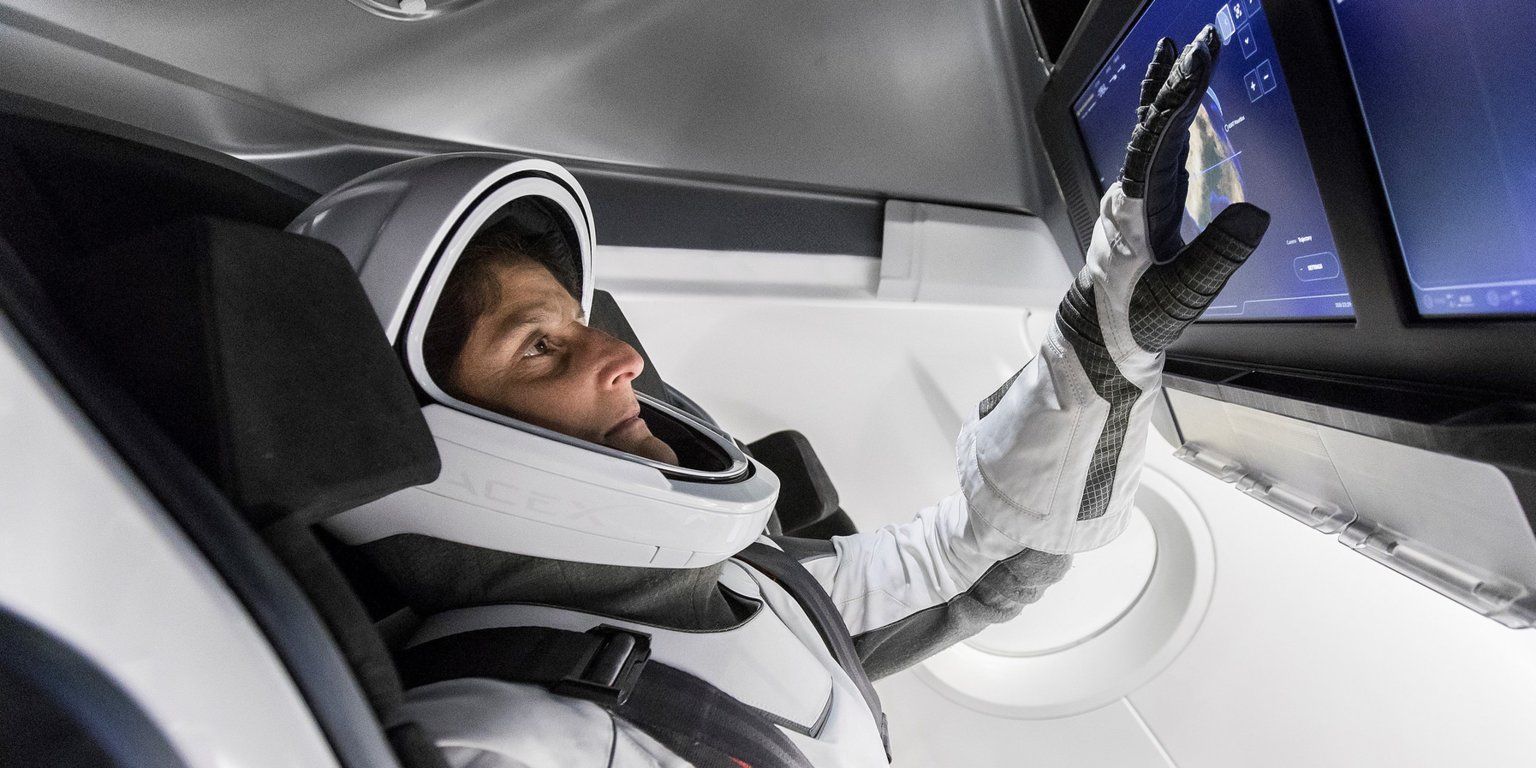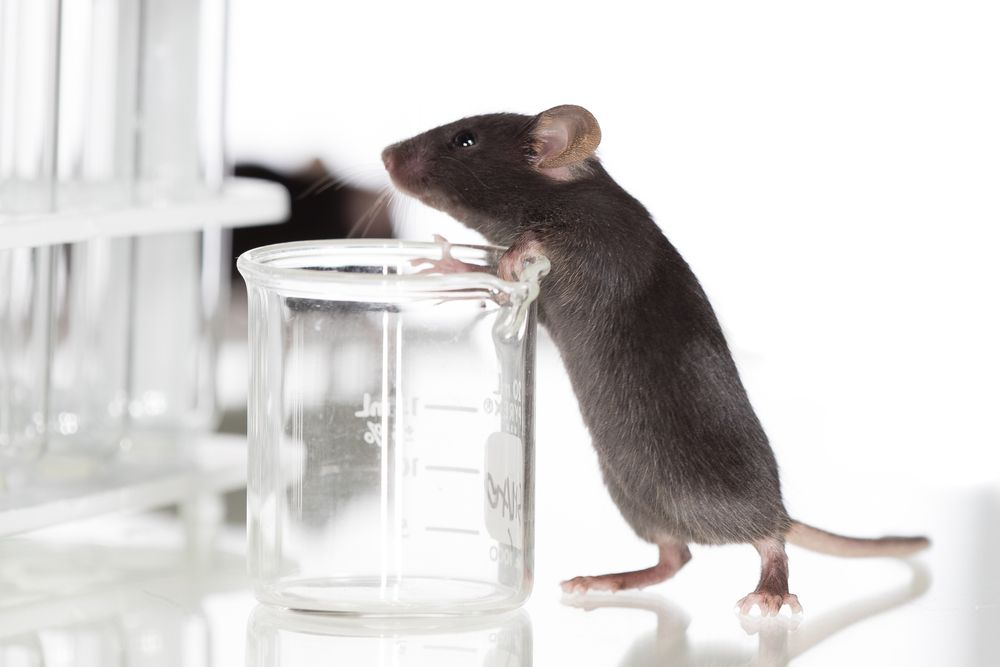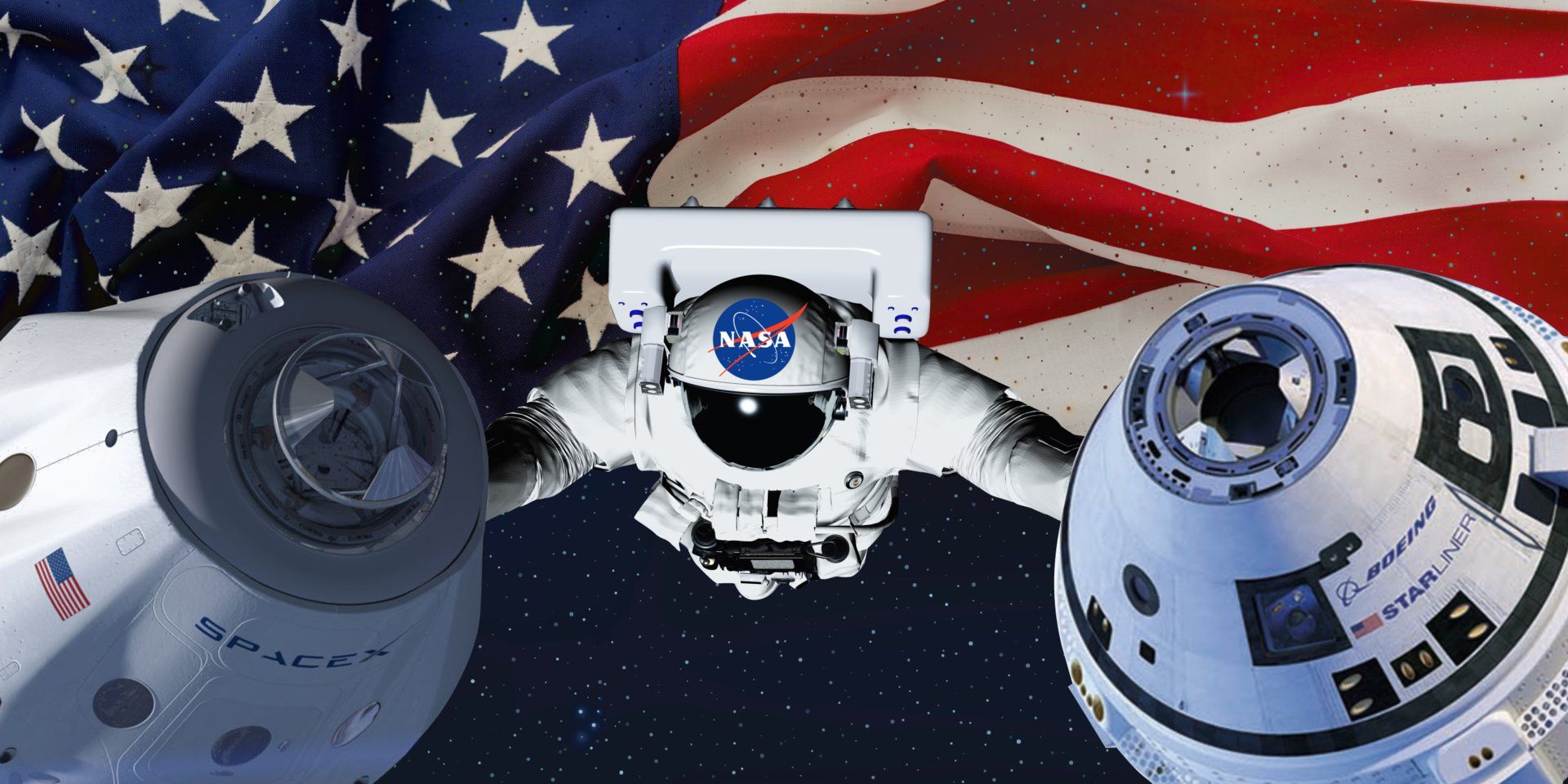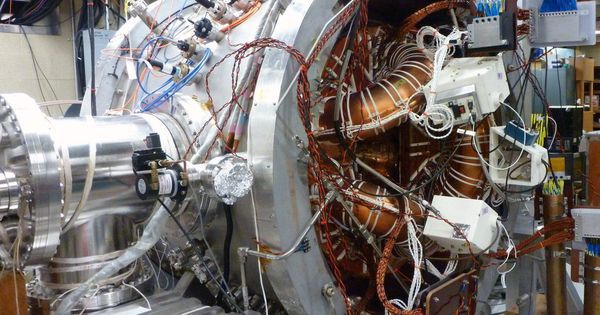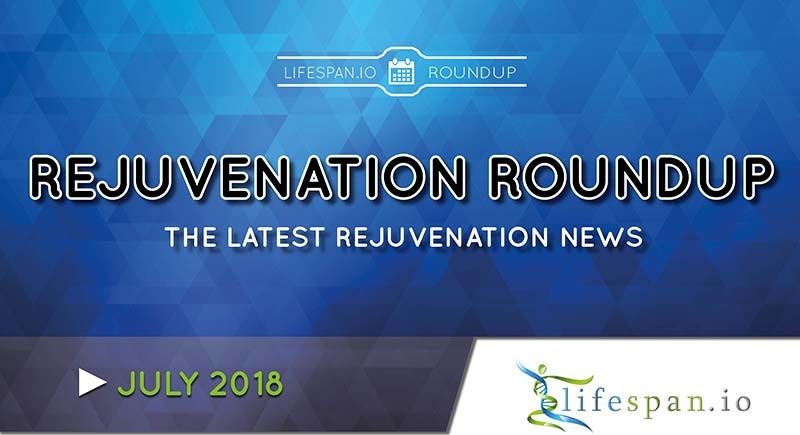Page 9964
Aug 1, 2018
A Japanese company wants to build a space elevator by 2050
Posted by Michael Lance in category: futurism
Aug 1, 2018
Past experiences shape what we see more than what we are looking at now
Posted by Ian Hale in category: futurism
A rope coiled on dusty trail may trigger a frightened jump by hiker who recently stepped on a snake. Now a new study better explains how a one-time visual experience can shape perceptions afterward.
Aug 1, 2018
Trump Finally Picks a Science Adviser—And People Are Delighted
Posted by Nicholi Avery in category: science
His nominee, Kelvin Droegemeier, is an accomplished meteorologist who studies storms and other extreme weather.
Aug 1, 2018
Work begins on rocket engines for SLS flights a decade from now
Posted by Genevieve Klien in category: space travel
Long lead time
This timeline represents quite a long lead-up for the engines and the fifth flight. Nominally, NASA now plans to make the first SLS launch in June 2020, although that date may slip into 2021 or later if further technical or hardware problems arise with the new rocket. Eventually, NASA wants to get to a cadence of one flight every year of the rocket, but that is unlikely to happen right away. Therefore, the fifth flight of the SLS rocket is unlikely before the second half of the 2020s.
There is also some question as to whether the rocket will actually make multiple flights. By the mid-2020s, Blue Origin’s large New Glenn booster should be flying. Additionally, SpaceX’s larger Big Falcon Rocket may also have begun making test flights by then. Both of these boosters would offer NASA significant lift with privately developed, reusable rockets at a fraction of the cost of the SLS rocket.
Continue reading “Work begins on rocket engines for SLS flights a decade from now” »
Aug 1, 2018
Hair Loss Related to Western Diet Reversed in Mice
Posted by Nicola Bagalà in category: futurism
Scientists at the Johns Hopkins University reversed hair whitening and loss associated with a high-fat, high-cholesterol diet by using an experimental compound in a mouse model [1].
The compound
The experimental compound used by the researchers, called D-threo-1-phenyl-2-decanoylamino-3-morpholino-1-propanol (D–PDMP) acts by blocking the production of glucosphingolipids (GSL), which are lipids that are abundant in the uppermost layer of the skin and in keratinocytes, which are pigment cells that are responsible for the coloration of hair, eyes, and skin.
Continue reading “Hair Loss Related to Western Diet Reversed in Mice” »
Aug 1, 2018
The Universal Church: An Obscure Rule Puts This Bishop in Charge of the Moon
Posted by Michael Lance in categories: law, space
Bishop on the Moon?
It might sound strange, but in addition to encompassing nine counties and hundreds of cities, the Diocese of Orlando, Florida also has jurisdiction over an otherworldly object: the Moon. Why might you ask? The answer involves an obscure rule from 1917 and the Apollo 11 space mission.
On June 18th, 1968 the Roman Catholic Diocese of Orlando, Florida was established. It would encompass much of the greater central Florida area, along with Cape Canaveral (We’ll get back to that later). William Donald Borders was ordained the first Bishop of Orlando. One year later, Bishop Borders would also become the first Bishop of the Moon.
Continue reading “The Universal Church: An Obscure Rule Puts This Bishop in Charge of the Moon” »
Aug 1, 2018
NASA is about to announce the 8 astronauts who will fly SpaceX and Boeing’s spaceships for the first time — here’s who they might be
Posted by Michael Lance in categories: government, space travel
Here’s who we think they might be:
NASA is about to name the first eight astronauts ever to fly Boeing and SpaceX’s brand-new spaceships.
The Commercial Crew Program, as it’s called, is a spaceflight competition that NASA started about two years before retiring its space shuttles in July 2011. The goal: ensure NASA astronauts can access the International Space Station and end US reliance on Russia’s increasingly expensive Soyuz spaceships to get there.
Aug 1, 2018
Will Lockheed Martin Change The World With Its New Fusion Reactor?
Posted by Klaus Baldauf in category: nuclear energy
Lockheed Martin has filed a patent for a revolutionary “Compact Fusion Reactor.” If it succeeds where past fusion reactor plans have failed, the technology portends a paradigm shift for humanity on the scale of steam power and the internal combustion engine.
Aug 1, 2018
Rejuvenation Roundup July 2018
Posted by Nicola Bagalà in categories: futurism, life extension
The July 2018 Rejuvenation Roundup is out!
Another month, another series of great news items for healthy life extension enthusiasts! It’s hard to believe that July is already behind us and, with it, the first Lifespan.io conference in New York City; let’s take a look back and review the past month before diving into the next one.
The Rejuvenation Roundup podcast
